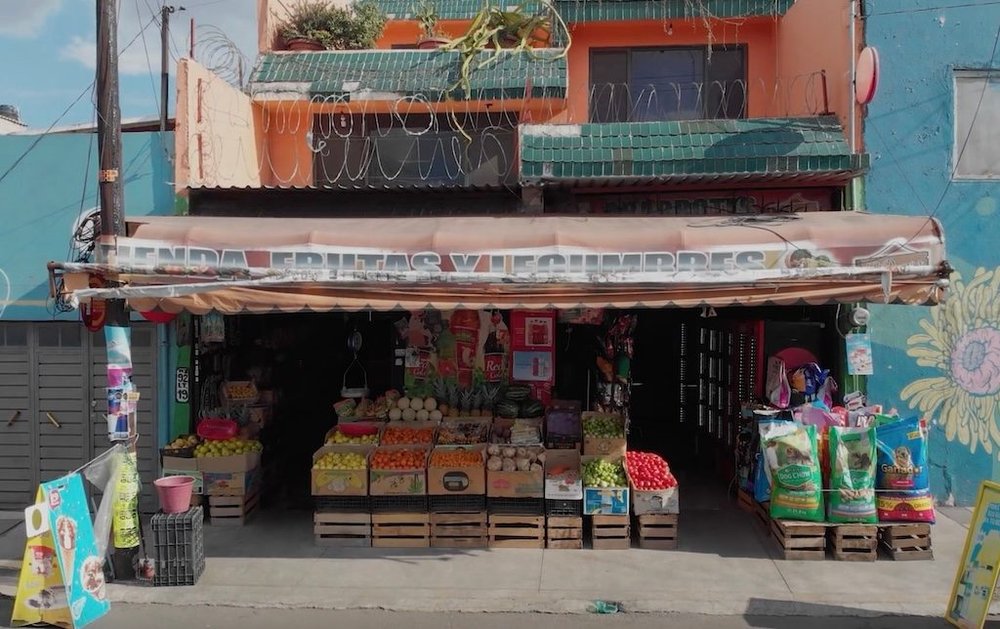Campaign of the Week
Financial institution digitises store credit system to support low-income customers across Mexico /
WeCapital, which promotes financial inclusion in Mexico, created an ecommerce platform that enables people to to buy food on a trust-based credit system
In Mexico, more than 20 million people buy things on credit in neighbourhood stores. This trust-based credit system is a lifeline for low-income Mexicans who don’t have support from banks. Neighbourhood shops offer small, short-term loans without requiring collateral – but their capacity to lend is limited.
In response to the issue, WeCapital, a financial institution that works to promote financial inclusion in Mexico, created a larger network that uses the same credit system to lend to an entire country.
In December 2023, working with DDB Mexico, Mexico City, the brand launched The E-commerce of Trust. The ecommerce platform enables Mexicans to buy food using credit as in local stores – without bank cards or guarantors, just trust. WeCapital partnered with 60 stores in 20 locations across Mexico City for the pilot of the initiative.

Results / According to the agency, more than 9,500 unbanked families have used the platform, and 77,600 basic food products have been delivered to those beneficiary families. So far, the platform has 7,700 active users who have paid on time and continue to request food credits.
Contagious Insight /
Align with behaviour / This initiative is directly in line with a previous WeCapital scheme launched in 2021; the double Grand Prix-winning Data Tienda campaign tapped into the millions of unofficial credit records kept by shopkeepers throughout Mexico to rebuild the credit histories of low-income women and grant them access to the financial sector.
This time, WeCapital expanded its target audience and tackled another issue affecting low-income Mexicans and credit. According to DDB Mexico, more than 49 million Mexicans do not earn enough to feed their families, so buying groceries and home goods on credit at their local store is the only option. Given how widespread and entrenched this habit is, it would take years to tackle the larger societal issues of poverty and financial disenfranchisement; instead, WeCapital aligned with behaviour and expanded the capacity of neighbourhood shops to offer credit to customers. The initiative positions WeCapital as a true ally to its target audience while demonstrating the strength of its local insight.
Disrupt the category / Finance is a tricky category – besides strict regulations, varying financial literacy and low public trust, it’s hard to create engaging, memorable comms around something like a credit score. While many banks have cosy taglines and family- or home-oriented ads, there is a disconnect between what they preach and the real-life interactions they have with their customers. With this initiative, WeCapital positively and tangibly impacts the lives of its target audience, displaying a commitment to its mission of financial inclusion.
The campaign is a reminder of the fact that brand purpose, often dismissed as a contrived or frilly marketing exercise, is powerful when it is baked into an organisation’s strategy. This isn’t a dressed-up CSR initiative designed for optics – it’s a straightforward, concrete response to a consumer pain point that will have real-world impact. Best of all, like Data Tienda, it’s a replicable idea that could be easily adopted by other institutions and countries.
Want more of the same? /
We don’t just write about best-in-class campaigns, interviews and trends. Our Members also receive access to briefings, online training, webinars, live events and much more.







